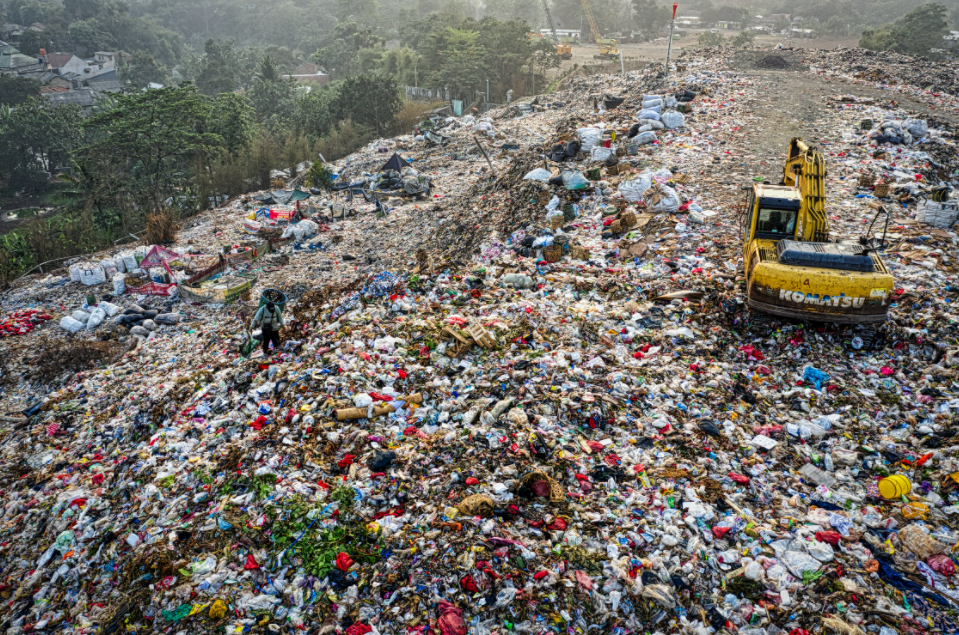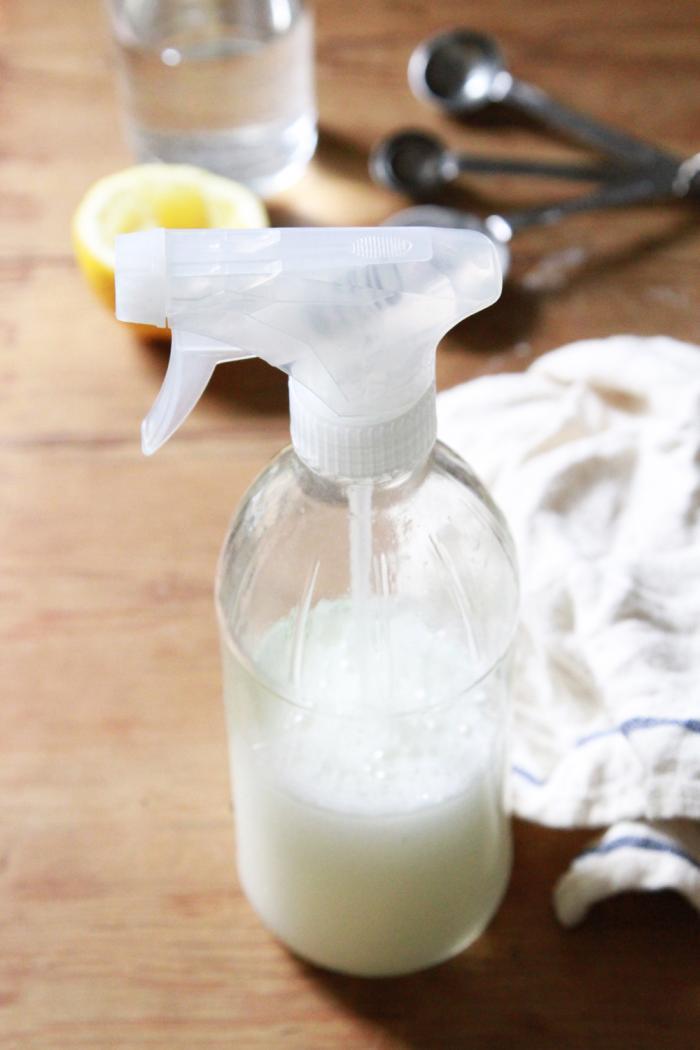Tips for Reducing Your Household Waste

It’s no secret that we all need to make an effort to reduce our household waste!

Photos By: Pexels
Far too much rubbish goes into landfill and the oceans every year, much of which could be avoided if we changed our lifestyles and buying habits. Did you know the average U.S. household produces over three tons of waste every year? That’s almost 300 million tons across the country, of which only 32% is recycled. Over 50% goes to landfill, with the rest being combusted or treated and disposed of in a different way. These figures are far too high, and there’s a part every person can play to reduce their household waste. Here are some top tips that can help you make a difference.
1. Recycle More
The first step is to recycle more. Whilst this won’t necessarily reduce your waste, it will mean the waste that you do produce is disposed of in a more sustainable and economical way. The rules surrounding recycling change depending on where you live. For example, what can be recycled in the UK is different to what can be recycled in the U.S. On top of country differences, there may be local authority differences, so you will need to double check with your closest authority or whatever organization is in charge of your waste collection.
As a general rule, things like cardboard, glass and most plastics can be recycled. If they’ve contained food, it’s important you wash them off because otherwise they may contaminate other items and won’t be able to be recycled.
2. Buy Less
Whilst you need to be recycling more, you also need to be buying less. As consumers with the luxury of food and novelty products at our fingertips, it’s very easy to make ad-hoc purchases that don’t need to be made. How often do you buy food on your way home that you don’t need to buy? Do you regularly buy lunch at work despite having food at home? We’re all guilty, and it will take a while to break these habits, but every small step is a step towards progress. When it comes to things like clothes, consider thrifting and buying clothes that are already in circulation rather than ones that need a lot of oil and water to be produced by fast fashion companies who do nothing to manage their carbon emissions. For other items, why not buy second-hand? If you need something like a power tool for a DIY project but otherwise have little use for such a tool, don’t buy it, borrow it! You likely know someone who has what you need, and it’s far more sustainable to borrow than to buy something you will rarely use.

3. Compost Food
A lot of the waste that households produce is food waste. There’s nothing worse than spending money, time and energy to prepare a meal, only for large portions of it to go into the bin. Firstly, assess how much you’re cooking. If you regularly throw food away, you’re probably making too much. In this case, make a conscious effort to prepare less food. Next, think about what can be eaten as leftovers. If you have pasta, noodles or a rice dish for dinner and there’s some you haven’t eaten, think about whether you could eat it for lunch the next day. This will save you money and reduce your waste contribution, a win-win! If you absolutely have to throw food away, think about composting it. Gardens and plants can benefit hugely from compost, as can the planet. Consider buying a compost bin and learning what can and can’t be composted in order to reduce your household waste.
Summary
We hope you find these tips helpful and will take them on board to reduce the waste you produce as a household.






